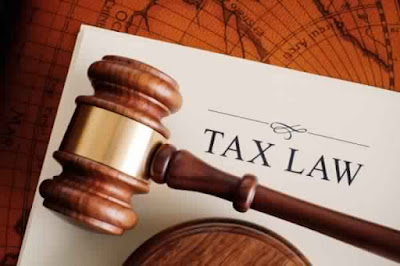What is the tax?
Tax is a ‘financial charge’ or deduction from something you get or own or an additional cost added to something you buy. It is not a penalty or fine for doing something wrong. Normally governments collect taxes so that there is a pot of money to spend on things that benefit society as a whole. This might be law enforcement, including the police and courts, infrastructure, like roads and pathways, and administration.
The UK Government also uses tax to fund various public services, including health care and welfare benefits.
The UK has many taxes. Some are known as ‘direct’ taxes because they are usually obvious amounts such as income tax which you can see being taken from your pay or have to pay directly to HM Revenue & Customs (‘HMRC’). Other direct taxes include corporation tax, capital gains tax and inheritance tax.
There are also ‘indirect’ taxes. The most well-known example of an indirect tax is value added tax (‘VAT’). This is less obvious than a direct tax as it is included in the price of things that you buy.
National Insurance is not strictly a tax. It was originally a contribution-based system of insurance for support from the Government in times of need such as ill-health, disability or retirement, paid by workers and employers. The link between individual contributions and benefits has gradually weakened, but the number of years for which you make National Insurance contributions still affects some welfare benefits, including your entitlement to the state pension.
 |
| CENTRAL AND STATE TAX LAWS. |
Who collects tax?
HM Revenue & Customs (‘HMRC’) are the UK tax authority. They are responsible for collecting and managing most UK taxes. They also interact with other government organizations – for example, they collect most student loan repayments. These are not a tax, they are repayments towards money that students have borrowed in the past; but as they are calculated as a deduction from income, the tax system is a convenient way to collect them.
HMRC also collect and manage Scottish income tax on behalf of the Scottish Government, but Revenue Scotland collects and manage devolved taxes in Scotland.
HMRC also pay some welfare benefits, like tax credits and child benefit.
Local councils are responsible for collecting council tax and rates.
